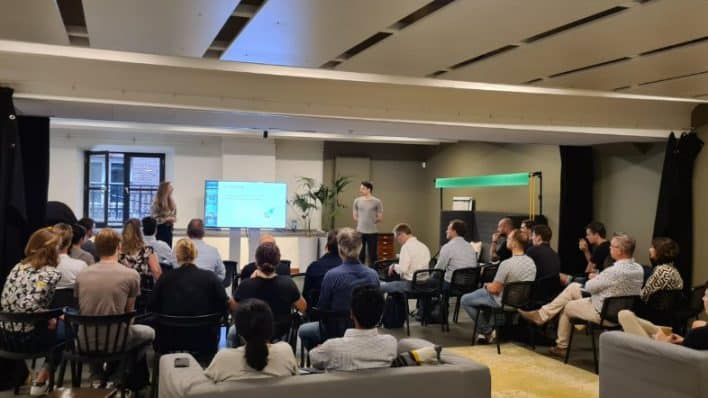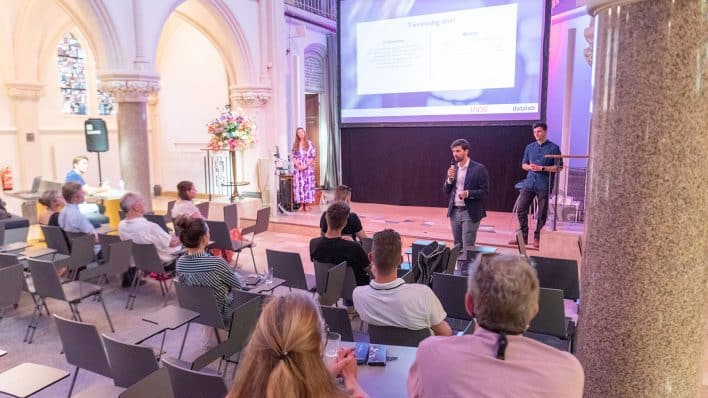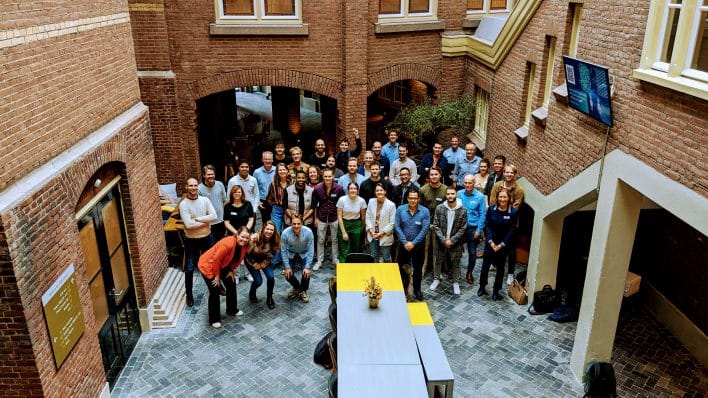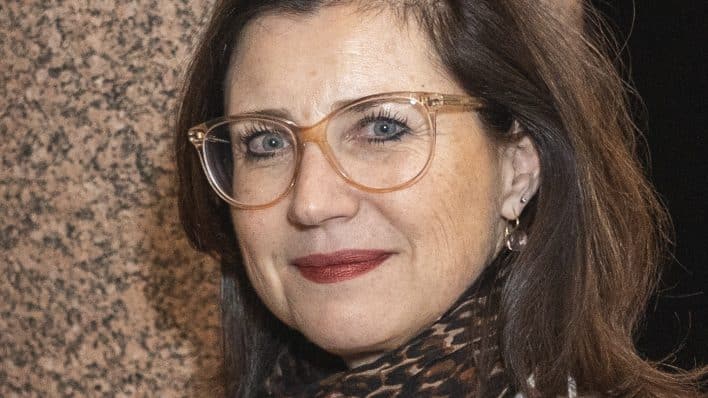Building the library of the future with MKB Datalab
Posted on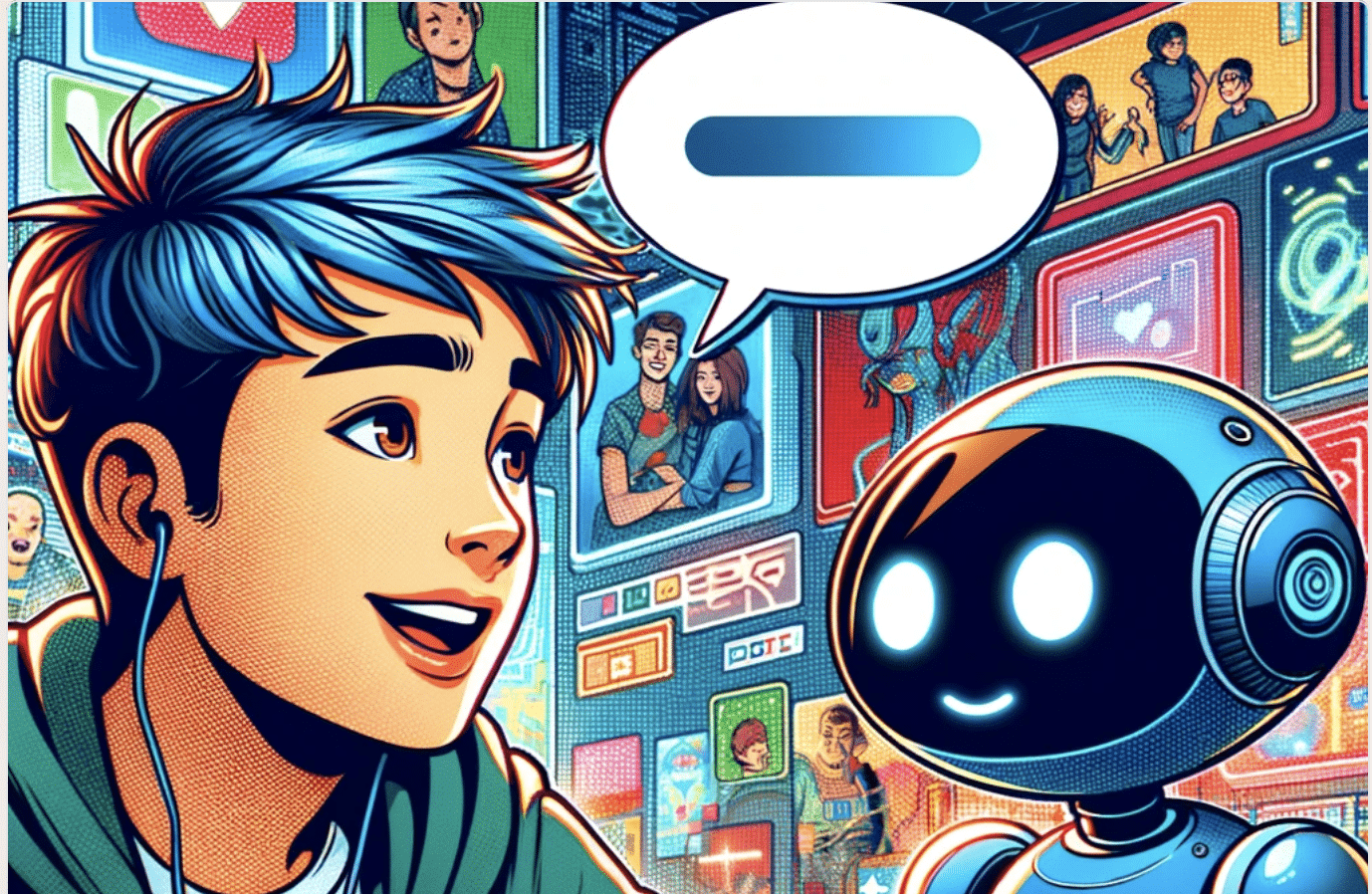
Today’s youth are glued to laptops, iPads, or mobile phones, constantly engaging with digital media. However, their inclination towards reading longer texts or books is dwindling. According to a recent study by the Reading Foundation, titled ‘The Digital Reader’, young people spend an average of ten minutes a day reading. Yet, reading is crucial for their development; it enriches their worldview, enhances creativity, and boosts concentration. Research indicates that fiction reading correlates with social understanding and empathy. Those who read extensively are better at recognizing others’ emotions and empathizing with them.
How can libraries adapt their services to promote reading and cultivate a love for it among youth? Karin van den Berkmortel and Wanda Kruijt, project leaders of ‘Building the library of the future’, a collaborative project involving eight libraries, are addressing this challenge. The project aims to enhance library services in the Brainport region for young people.
One aspect of the ‘Building the library of the future’ project involves developing an innovative tool to help young people discover books tailored to their preferences: the Bookbot. In this interview, learn how JADS MKB Datalab has made a significant contribution to its development.
Tell us about the project.
Karin: “The project focuses on two key aspects. Firstly, library services no longer align with how young people search for information, necessitating an update to better meet their needs. Secondly, libraries play a crucial role in fostering reading enjoyment among youth. We initiated design projects and events, actively involving young people in determining the future direction of library services.”
Where did you start, and where is the project now?
Wanda: “One of the pain points we discovered is that the way young people discover their next book needs to change. Currently, they can only search in a ‘traditional’ manner, such as by genre, historical novels, or fiction. This approach no longer resonates with them. After a database search, they are presented with a list of books that might be of interest. This can be overwhelming, and finding a suitable book needs to be much more accessible.”
“Alongside young people, we formulated questions to help determine what types of books would interest them. At the end of 2022, ChatGPT emerged, sparking the idea to create a Bookbot. We developed a pilot version where the Bookbot suggests three books based on user responses to questions.”
Karin: “However, ChatGPT also has its limitations. To ensure the accuracy of the Bookbot’s suggestions, a connection between ChatGPT and the National Library Catalogue (NBC) database was necessary. This is where JADS SME Datalab came in. With their technical solution, they ensured that the book information was accurate, and a list of available books was provided.”
Can you tell us more about the Bookbot?
Wanda: “The Bookbot is an interactive chatbot that assists young people in finding books matching their interests and preferences. It asks questions such as, ‘What kind of books do you like?’ and might suggest starting with a shorter book. The conversation’s characteristics form the basis for the search query, and the results are returned in the form of conversational answers.”
What was the role of SME Datalab?
Karin: “Through SME Datalab, we had two student consultants. Mehdi examined the types of questions being asked and how a roadmap could be developed for further Bookbot development. Then, student consultant Ayreon worked on developing the connection between ChatGPT and the NBC database, exploring what was and wasn’t feasible.”
What are the next steps for the project?
Wanda: “It’s essential to advance the Bookbot and explore its capabilities and challenges. Currently, our colleague technical consultant Giel (former SME Datalab student consultant) is working on a new version that we will test in high schools.”
Finally, where can people find more information about the project?
Karin: “More information about our ‘Building the library of the future’ project can be found on our website biebvandetoekomst.nl. We regularly share updates and news about the project’s progress there.”
